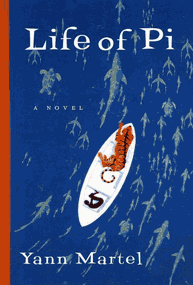Philip Simmons at age 35 was diagnosed with ALS, or Lou Gehrig’s disease, a terminal disease in which you gradually lose all motor capability. In Learning to Fall: The Blessings of an Imperfect Life, Philip presents a series of essays – thoughtful, gentle observations on being human. Philip reminds us that life is terminal and that it never turns out as we expect it to. Loved ones die, careers crash, health fails. We are always falling down. And it is in the very falling that we discover the preciousness of life.
Given that in the last two years my company went bankrupt, my roommate and dear friend passed away from brain cancer, I got sick and wasn’t able to work for a year, I can relate to things falling down. Sometimes it’s overwhelming, but the flip side is that priorities become pretty clear – living life with a loving and open heart, staying healthy, being available to those I love.
This is a good book, especially if you are facing fundamental life uncertainty. It is reassuring to see that the uncertainty is what really underlies everything and that one can learn to live fully and well with it.

